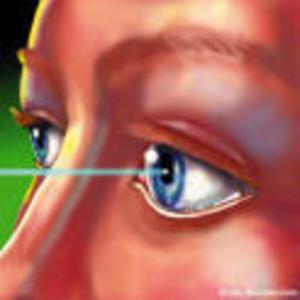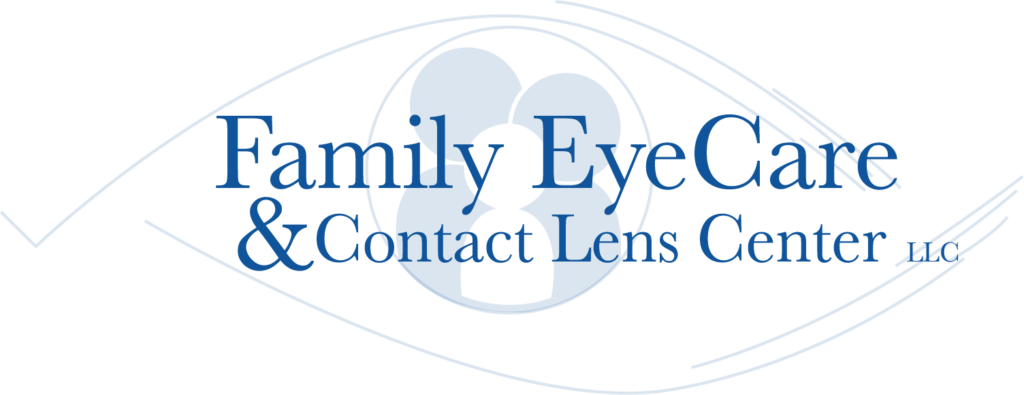Comprehensive Exam Services from Family EyeCare & Contact Lens Center
Vision Analysis for Prescription Eyewear and Contact Lenses Including Specialty Lenses
Macular Degeneration Management
Retinal Evaluation for Systemic Disease
Refractive Surgery Consultation
Vision Tips For Safe Driving At Night
Cataract Management
Cataracts are a clouding of the crystalline lens inside your eye, which causes a gradual blurring and/or increased glare in your vision. Although cataracts are more prevalent after 40, they can occur at any age. When surgery is required, our doctors make the appropriate referral to a Cataract Surgeon for removal of the cataract. We are involved in the pre and post-operative care for our patients.
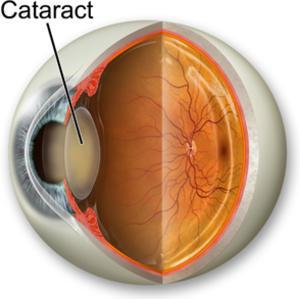
A Scan Biometry
An A Scan is required when having cataract surgery. An A Scan is a painless, computerized test that measures the length of the eye to determine the correct lens implant that will be used during cataract surgery.
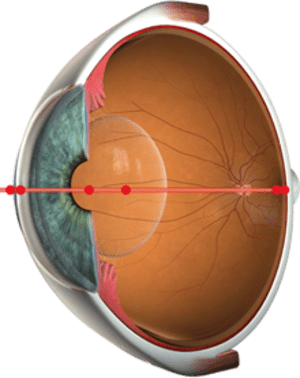
Dry Eye Management
Dry Eye Disease can manifest in many ways. Determining the underlying cause is important. Dry eye symptoms can include blurriness, irritation, redness, foreign body sensation, light sensitivity, and even excessive tearing. Our doctors can determine the appropriate course of treatment tailored specifically to you.
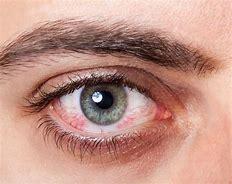
Glaucoma Management
Glaucoma is an eye disease that may cause painless vision loss and damage to the nerve fibers that surround the optic nerve. Often called the “silent thief of sight”, glaucoma can have no noticeable symptoms until 80% of your vision is lost. At Family EyeCare, our doctors manage glaucoma with various medications, and if surgery is required, they make the appropriate referral to a specialist for treatment.
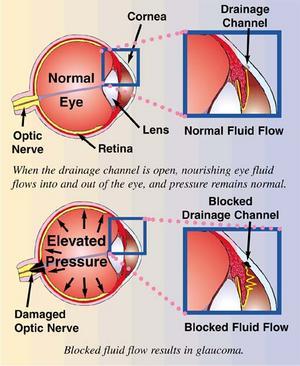
Refractive Surgery
Refractive surgery correction encompasses a variety of options that actually modify the cornea or the front surface of the eye. The latest technology involves a quick, painless, accurate laser.
To determine if you are a good candidate, start by scheduling an exam. Only a comprehensive consultation with our doctors can accurately determine if you are eligible for a vision correcting procedure. The ideal candidate is at least 20 years of age, has not had a significant prescription change in the last year and is free of ocular disease.
